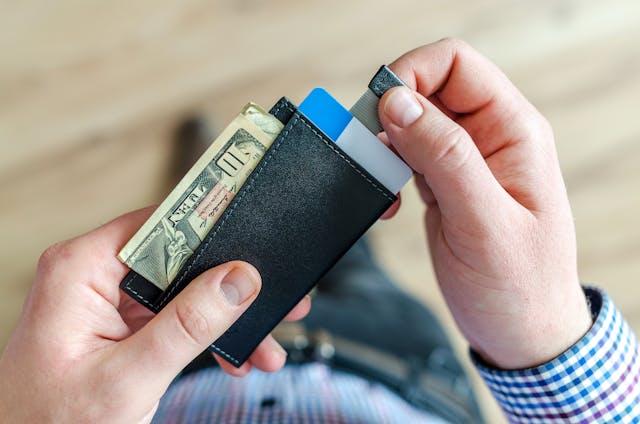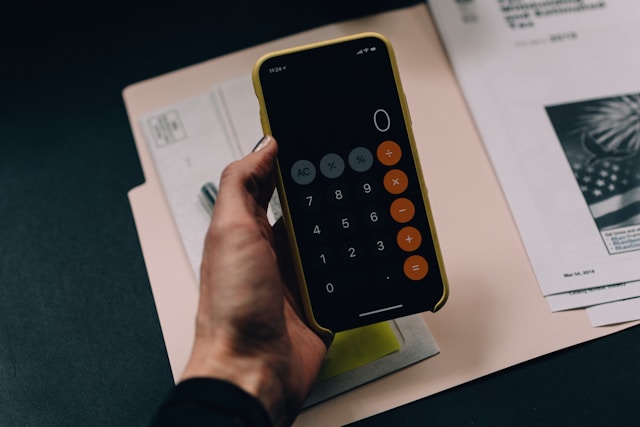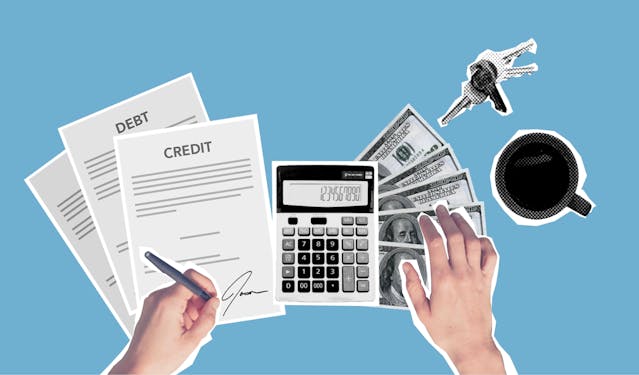Are you dreaming of a tropical getaway or a European adventure, but worried about the cost? Planning and budgeting for a vacation can seem overwhelming, but with the right strategies, you can make your dream trip a reality without breaking the bank.
In this article, we’ll discuss how to budget for a vacation and provide tips and tricks to help you save money and stick to your budget.
Why Budgeting for a Vacation is Important
Vacations are a time to relax, explore, and create unforgettable memories. However, without proper budgeting, they can also be a source of financial stress. By creating a budget for your vacation, you can avoid overspending and ensure that you have enough money to cover all of your expenses.
Start Saving Early
The earlier you start saving for your vacation, the better. By setting aside a small amount of money each month, you can avoid having to come up with a large sum of money all at once. This will also give you more time to research and plan your trip, potentially saving you money in the long run.
Read more tips on how to how to create a sound budget here.
Determine Your Holiday Budget
Before you start planning your vacation, it’s important to determine how much you can afford to spend. Consider your current financial situation and any upcoming expenses, such as bills or loan payments. This will help you set a realistic budget for your trip.
Check out our Top rated Budget planner pick from amazon or check out our Top Tablet Budget planner pick from amazon.
Research Your Destination
Different destinations have different costs associated with them. Research the average cost of accommodations, food, transportation, and activities in your desired location. This will give you a better idea of how much you will need to budget for your trip.

Tips for Budgeting for a Vacation
Now that you understand the importance of budgeting for a vacation, let’s explore some tips and tricks to help you save money and stick to your budget.
Be Flexible with Your Travel Dates
Traveling during peak season can be significantly more expensive than traveling during the off-season. Consider being flexible with your travel dates to take advantage of lower prices. You can also save money by traveling mid-week instead of on weekends.
Look for Deals and Discounts
There are many ways to save money on your vacation, such as using travel rewards points, booking through discount websites, or taking advantage of package deals. Research different options and compare prices to find the best deals for your trip.
Set a Daily Spending Limit
It’s easy to overspend while on vacation, especially when you’re in a new and exciting place. To avoid this, set a daily spending limit for yourself and stick to it. This will help you stay within your budget and avoid any unexpected expenses.
Plan Your Meals
Food can be a significant expense while on vacation. To save money, plan your meals in advance. Consider booking accommodations with a kitchenette so you can cook some of your meals instead of eating out for every meal. You can also pack snacks and drinks to avoid spending money on expensive tourist areas.
Use Public Transportation
Transportation costs can add up quickly, especially if you’re relying on taxis or ride-sharing services. Consider using public transportation, such as buses or trains, to save money on getting around your destination. You can also walk or rent a bike to explore the area.
Tools to Help You Budget for Your Vacation
There are many tools and resources available to help you budget for your vacation. Here are a few options to consider:
Budgeting Apps
There are many budgeting apps available that can help you track your expenses and stick to your budget. Some popular options include Mint, YNAB, and EveryDollar.
Vacation Budgeting Worksheets
Vacation budgeting worksheets can help you plan and track your expenses. These worksheets typically include categories for transportation, accommodations, food, activities, and miscellaneous expenses. You can find free vacation budgeting worksheets online or create your own.
Online Budgeting Tools
There are also online budgeting tools that can help you create a budget and track your expenses. Some popular options include Personal Capital, Goodbudget, and PocketGuard.
Real-Life Examples of Successful Vacation Budgeting
The 50/30/20 Rule
The 50/30/20 rule is a popular budgeting strategy that can be applied to vacation budgeting. This rule suggests allocating 50% of your budget to essentials, such as transportation and accommodations, 30% to discretionary spending, such as activities and souvenirs, and 20% to savings.
The Envelope System
The envelope system is a budgeting method where you allocate cash into different envelopes for different categories, such as food, transportation, and activities. Once an envelope is empty, you cannot spend any more money in that category. This method can help you stick to your budget and avoid overspending.
Who is Responsible for Budgeting for a Vacation?
When planning a vacation, it’s important for everyone involved to be on the same page when it comes to budgeting. If you’re traveling with a group, consider having a budget meeting to discuss everyone’s financial situation and come up with a budget that works for everyone.
In Conclusion
Budgeting for a vacation may seem daunting, but with proper planning and budgeting strategies, you can make your dream trip a reality without breaking the bank. Start saving early, research your destination, and be flexible with your travel dates to save money. Use budgeting tools and methods to help you stick to your budget and avoid overspending. With these tips, you can enjoy your vacation without worrying about your finances.





























